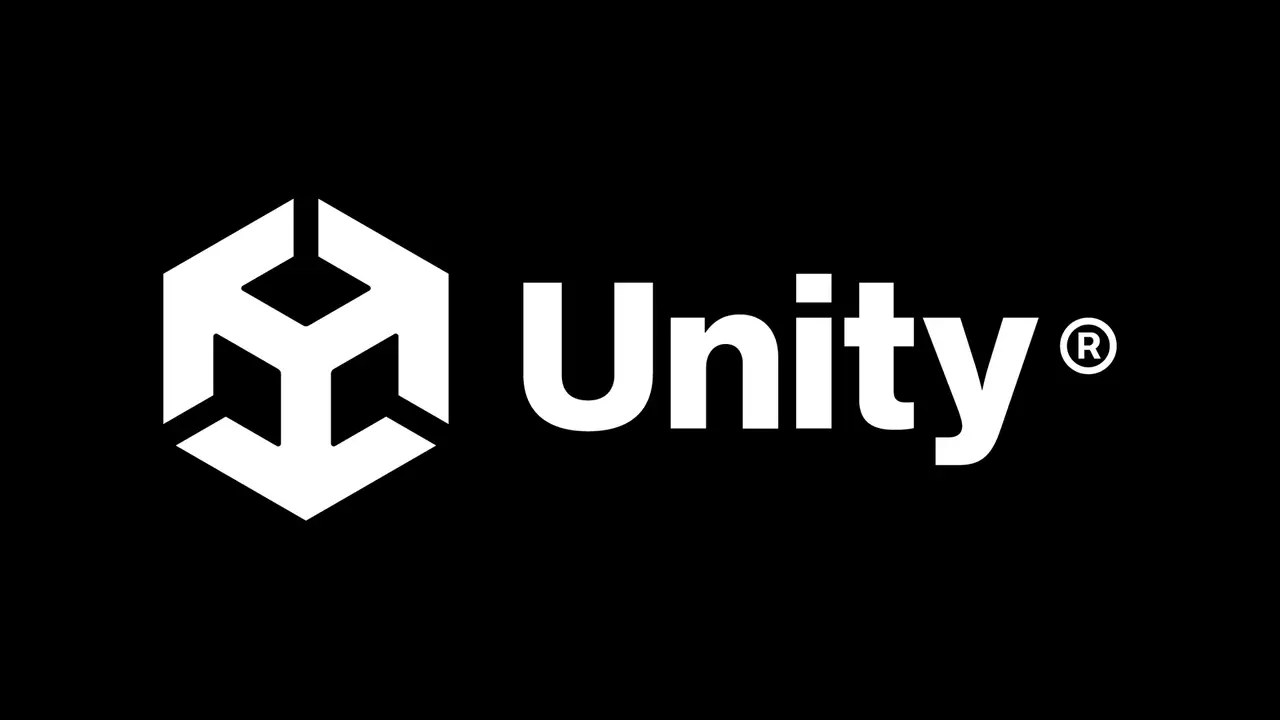The Unity Runtime Fee is scheduled to take effect on January 1, 2024, and it’s been universally panned by developers on social media since its announcement earlier today.
…
For instance, if a free-to-play game has made $200,0000 in the last 12 months but has millions of people installing it, the developer could end up owing Unity more than the profit earned from in-game purchases.
…
Others are worried this could lead some smaller developers who built their games on Unity to pull titles from digital storefronts to prevent more people from racking up downloads.
…
“I bet Steam, Epic, Sony, Nintendo, and Microsoft will love having waves of developers pulling their games,” writes Forest from Among Us developer Innersloth Games. “Innersloth has always paid Unity appropriately for licenses and services we use. I’m not a discourse guy, but this is undue and will force my hand.”
Other developers are actually asking people online to not install their game built in Unity, with Paper Trail developer Huenry Hueffman writing, “if you buy our Unity game, please don’t install it… demos also count, dont install this demo, you’ll literally bankrupt me”.
…
Unity also clarified that the fee will not apply to charity games or charity bundles. Unity defended the pricing model, saying it’s designed to only charge developers who have already found financial success.
We only succeed when you succeed. Our 5% royalty model only kicks in after your first $1M in gross revenue, meaning that if you make $1,000,001 you owe us 5 cents. And this is per title!
Also, revenue generated from the Epic Games Store will be excluded from that 5% royalty.
…
Unity has been under pressure lately, laying off hundreds of employees in the first half of 2023. Riccitiello also came under fire in 2022 for referring to developers who don’t focus on microtransactions as the “biggest f*cking idiots” before apologizing. Featured in everything from Cuphead to Beat Saber to Pokemon Go, it has been lauded for ease of use. However, trust in the platform has been declining over the years, leading many developers to look to alternatives.



They must have lost their minds. Bankrupt or even pay Unity back for a successful game you made and finished months ago? I hope they get legal action.
Seriously. If they were changing the terms going forward, that’d at least be defensible, but trying to make it apply to everything that’s ever been made is just nonsensical.
Even then it would be pretty bad for a lot of devs. If you’ve been developing a game in unity for years, you can’t just easily change engines just because they’ve changed the rules of using their engine.
I agree with you; they’d have to give plenty of notice that the changes were coming and maybe even offer exemptions for developers who can show they were working on something significantly before the announcement… I don’t think there’s any way they could reasonably do it that would avoid all backlash, but this just seems like the absolute worst way to handle it.
So they owe devs on all previous installs? Like back payment? Or just going forward if you’ve ever used Unity?
Any future installs starting on January 1. It does, however, mean that many developers will be more or less forced to pull their games off of storefronts, if it actually goes through. It also means that if you bought a Unity game in the past, you’re costing the developer money every time you install it (again, if this actually goes through - I can’t imagine they won’t backpedal.)
The real issue with this isn’t the policy itself, which I would bet money won’t actually be enacted, but the fact that Unity (thinks they) can just unilaterally and retroactively change their policies. If this actually held up in court, which I think is a tenuous possibility at best (but I am not a lawyer so take that with a grain of salt), it sets an awful, awful precedent.
If they can change the terms of games already released and ask for a % per install, what’s stopping them from just asking for 100% and saying suck it bitches.